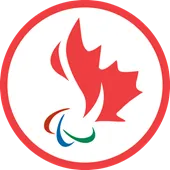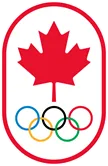“If you are good to the game, the game will be good to you.”
In the years since joining the Canadian Para ice hockey program, the question has passed into the realm of ritual.
Everyone involved is well aware of the answer by now, but that’s so far beyond the point.
“Every morning,’’ marvels Canadian team captain Tyler McGregor, “for five years now, Mike walks into the breakfast room or the rink with the same level of energy, the same excitement. And every morning he’ll come in and ask everybody: ‘Did you see it today?’
“And everyone’s like: ‘See what?’ “And he’s like: ‘The sun! The sun! It’s up again and that means it’s a great day!’
“That’s Mike.
“Those are the kinds of things I take away from him. His infectious enthusiasm to be around this team and this program.
“It’s so easy to get caught up in all the negative stuff. But Mike’s someone who has a real zest for life. For myself especially, being in a leadership position, as well, that’s one thing I try to absorb from him.
“How can you not be influenced by that?”
.jpg)
For 15 NHL seasons, in the employ of four franchises, Mike Foligno embodied what it meant to be a pro’s pro. Through 1,075 (regular-season and playoff) games, 759 combined points and 2,234 penalty minutes.
The indefatigable will. The non-negotiable try. The bordering-on-visceral care, for the cause, for those around him, for the state of the game itself.
And, perhaps most memorably, that trademark Foligno Leap, a Cape Canaveral-calibre lift-off of pure joy after scoring a goal. No opponent ever took exception because it so obviously came spontaneously, from the heart.
“Oh, yeah, we’ve seen it,’’ laughs veteran Para national D-man Adam Dixon. “Of course. On YouTube. It’s wild. Pure energy. But after you meet Mike, it makes perfect sense.”
Following Foligno’s playing career, in 1995, there have been coaching lessons learned, at home in Sudbury, Ontario as coach and general manager with the OHL Wolves, as well as NHL stops as an assistant coach in Toronto, Colorado, Anaheim, and New Jersey.
He’s watched on, proudly, as sons Nick and Marcus have established themselves in the NHL and continued the Foligno legacy, Nick now in Chicago and Marcus in the employ of the Minnesota Wild.
“He was so good in teaching us how much joy the game gives him and gives us,’’ says Nick Foligno, an assistant captain of the Chicago Blackhawks - a leader, like his dad. “Just the way he appreciated the game made such an imprint. I always tell people one thing he used to say constantly, at certain teaching points in our lives: If you’re good to the game, the game will be good to you.
“That was something that resonated with Marcus and I - make sure you’re not cheating the game, play an honest style, because at the end of the day you’re playing a game for a living, if you’re lucky. You can see the passion that my dad played with on a video screen. Watch those clips. I have so much fun showing my kids the clips of nonno (grandfather in Italian). Telling them is one thing but being able to show them …
“There’s a high-character reason why he’s so respected. He’s been such a great example for Marcus and I through good times and difficult times. We’ve always tried to model ourselves on him; he provided a constant standard of how to do things the right way.
“And that’s why I think my dad is so valuable to an organization like Team Canada or any other organization, because I think he makes players appreciate that fact - that this is a privilege.”
.jpg)
Mike Foligno has certainly brought the same level of debt to, and love of, the game to the Canadian Para ice hockey program.
“With Mike, the one thing you expected was hockey knowledge and we’ve taken advantage of that,’’ says Dixon. “But the one thing you don’t know before you meet him is his level of passion and excitement. To have him around the rink every day … he brings intangibles far beyond his hockey knowledge, his NHL stats.
“Just the person he is. And we’ve been able to take advantage of that, too.”
The journey has not been without heartache. In July of 2009, Janis Foligno died after a five-year battle with breast cancer. In tribute, the family founded the Janis Foligno Foundation in Sudbury, supporting various local charities, including the Sudbury Regional Hospital Foundation’s Breast Cancer Equipment Fund.
“What people don’t realize is that my mom was the rock of our family,’’ says Nick. “She was the stability when my dad was off coaching. So, there was this huge hole in our family. And my dad … I couldn’t believe his ability to fill that hole in a lot of ways. I give him so much credit in putting his arm around his four kids even though he’s hurting, deeply, and understanding how much we needed him. We’d never lost anyone before. Unfortunately, my father had lost both his parents, one young, when he was 10, and then his mother when she was only 69 years old. So, he understood the hurt in those moments and used them to help us get back on our feet. The way he got our family through a very difficult time … we’re very blessed to have him.”
The Foligno coaching style has been formed and refined through example, beginning with Jerry Toppazzini, a long-time Boston Bruin and resident of Sudbury.
“He wouldn’t give me an inch,’’ lauds Foligno. “I had to earn everything and so did all the other young kids on our team. Because of his coaching style, the discipline for the young players along with the team mentality about taking care of each other, we ended up putting together one of the best seasons the Sudbury Wolves ever had.”
The Who’s Who list of coaches Foligno has worked for and beside includes, among others, the likes of Scotty Bowman, Pat Burns, Roger Neilson, Tom Watt, Marc Crawford, Pete DeBoer and former Wolves’ teammate Randy Carlyle.
“You pick up so many little things from people like that,’’ says Foligno gratefully, “carry them forward and out of what you’ve seen, you’ve experienced, with them you develop your own style. But the most important thing for me, always, is whatever I was doing, I was enjoying. Because you can’t perform if you’re not having fun.”
The telephone call from Hockey Canada to join the national program as support for then-coach Ken Babey, came as a happy surprise.
.jpg)
“I was just coming off the NHL, being an assistant (in Jersey) and then a scout with Las Vegas. And this was something totally different. I told them: ‘I don’t know if I can help you. I’ve never participated in sledge hockey before.’ But there are so many crossover things we do, the strategies, the skill development, the camaraderie, being a professional.
“Those things don’t change.
“It’s exactly the same, whether I’m in the NHL as a player, in the NHL as a coach, the American Hockey League, junior or here. When we coach, we coach to win and to be sure that our players understand their roles on the team, teaching the skills, the strategies.
“The biggest thing for us is making sure the players react in a professional manner.
“So, I told them I definitely wanted to be a part of it, and to learn.”
Fast forward to today and his role in head coach Russ Herrington’s staff, with the target goal of claiming gold at the 2026 Paralympic Winter Games in Milano/Cortina d’Ampezzo, Italy.
“Russ is looking at this as a four-year plan in becoming Team Canada,’’ Foligno explains. “We’re not there yet. We’ll be there when the Paralympics come around in 2026, but right now we’re still becoming Team Canada.
“That’s the mentality.”
Fads may come and trends may go, but the Foligno style remains timeless.
The elder Foglino is, of course, of a different generation to the current Para players wearing the maple leaf internationally.
Yet the name, the game, still resonate.
“I’m an older guy, 34,’’ says Dixon. “So, I was aware of Mike Foligno. And my dad - who was pretty excited to hear he’d be helping coach the team - told me stories. We looked him up on the hockey data base. My co-workers knew, as well.” A laugh. “One of them actually handed me a couple of hockey cards to get signed.
“I knew he was a great hockey player. You see his sons playing in the NHL now and you hear the commentators talk about the legacy their dad left, there’s obviously a lot of family pride and a lot of history.”
Those boys mirror that pride.
“We always had a constant standard of doing things the right way, in life but also on the hockey rink,’’ emphasizes Nick. “Especially now, being older, you appreciate that when you have your own kids and realize you have to be the same kind of father for them.”
The moments, the memories, linger.
Nick Foligno remembers scoring an overtime goal in Columbus. The late Bob Cole was on the Hockey Night in Canada call. Just as he had been when Nick’s dad scored an OT winner against Detroit during the ’93 playoffs.
“And he called it the exact same way he did in ’93 when he scored against Detroit in playoffs.
“The way Bob Cole said: ’Scores! Foligno scores!’”? Exactly the same.
“Your dad scores an overtime goal, you never forget it, right? I just thought it was so neat for me to have that exact same call, by the same announcer, on a goal I’d idolized as a kid … I’ll never forget it.
“I didn’t know about it and then they showed it to me afterwards. It was insane.”
Characteristically, but vitally, Mike Foligno entered the Para hockey work unencumbered by any sense of importance, despite his big-league resume.
He was voraciously eager to watch, to listen and to learn.
.jpg)
“Obviously it was a different experience for him,” agrees McGregor. “I give Mike a lot of credit because he showed an immediate level of respect for all of us and was eager to absorb as much as he possibly could as quickly as he possibly could.
“You don’t always see that from a coach, especially coming from a high level of able-bodied hockey. We certainly felt valued as players, him showing us that.”
A couple of uneasy spins on the sled was all Foligno needed to understand the degree of fitness and skill required.
“I had no idea how hard it is to do the things these players do, skating on basically one edge - one piece of steel,’’ he confesses. “By the time they reach the national program they actually have two blades, but the blades are so close together that it’s almost like one.
“I admire that degree of skill. Getting into the sledge a couple of times myself, to get the feel what you’re teaching, what you’re coaching, gave me a real appreciation for it.
“I remember driving right into the end boards because I couldn’t find a way to turn. And that was without the puck. Imagine doing it with the puck and someone bearing down on you.
“A wicked eye-opener.”
Just as he’s succeeded in winning the players over, they’ve succeeded in winning him.
“I really admire the work ethic of these athletes,’’ he emphasizes. “They need a certain skill set to be in the national program, of course, But even just to take it up is impressive.
“We’ve got a cross-section of kids, as we would in all other Para spots, from different backgrounds. Some of them played hockey before. Some of them never played hockey before. Some of them don’t even watch hockey on TV.
“So, a whole spectrum of players coming into the program that you have to get on the same page, the same mindset in terms of work ethic, teams-manship, sportsmanship. There’s lots to work with. And they give you as much of themselves as they can. They’re like sponges. They want to know. They want you to teach them. They want to be better.
“That’s what makes it all worthwhile. And I’ve enjoyed it immensely.”
Even on overcast days, Mike Foligno still sees it. Sees what, you ask? Why, the sun, of course, peeking through the clouds.
“Sometimes I’ll come in the room,’’ he laughs, “and maybe they lost a game, had a tough trip, tough flight or whatever, and I’ll say: ‘What time is it, boys?’
“And they’ll say: ‘What time is it? It’s, uh, 2:30.’
“And I’ll say: ‘No, no. What time is it?’”
And they’ll look and me and I’ll say:
“‘It’s the best time of your life! You better enjoy this!’”
All these years later, ever since proudly slipping on a hometown Sudbury Wolves jersey for the first time at 16 years old, Mike Foligno so obviously still does.
.jpg)
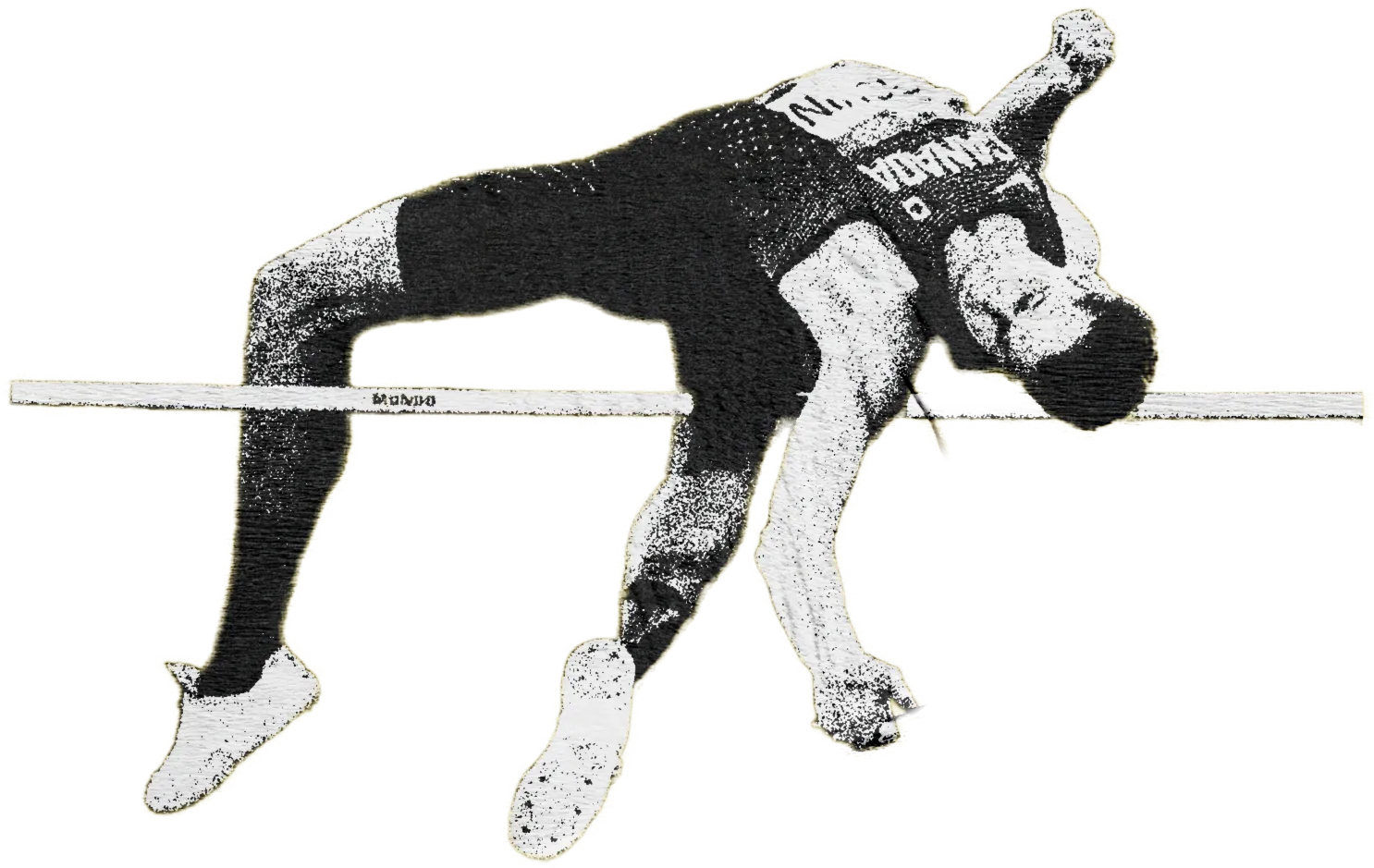
.webp)

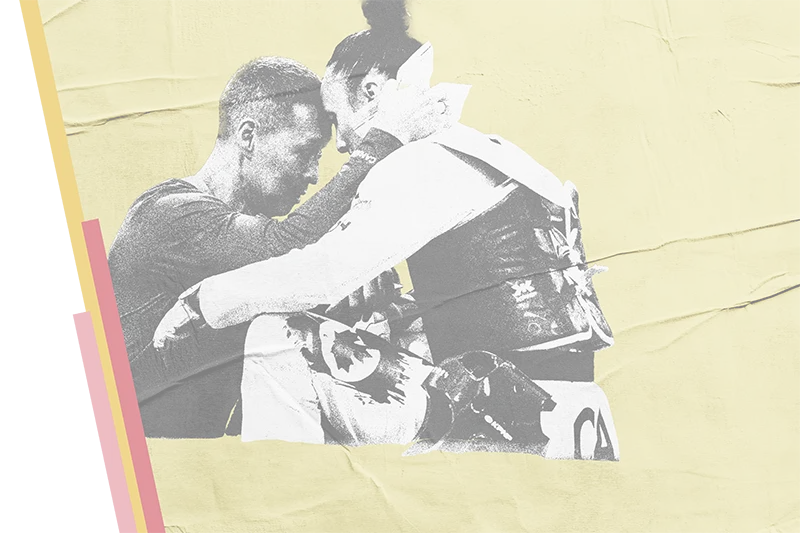
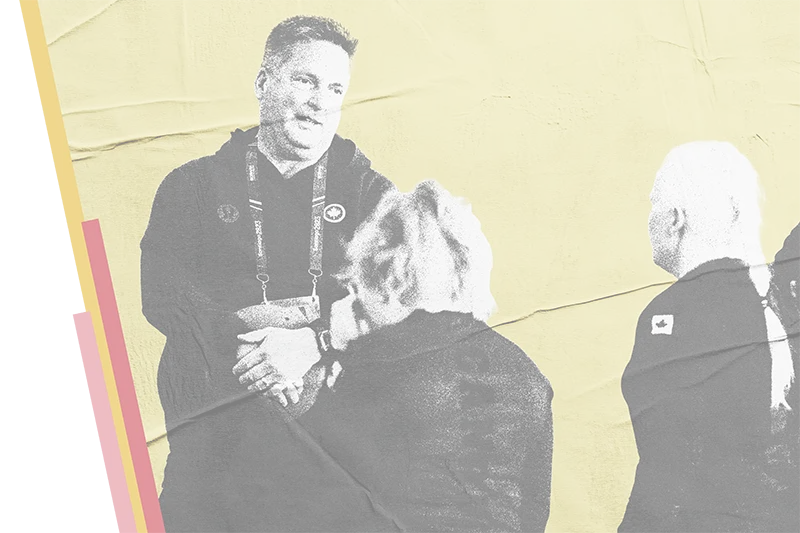
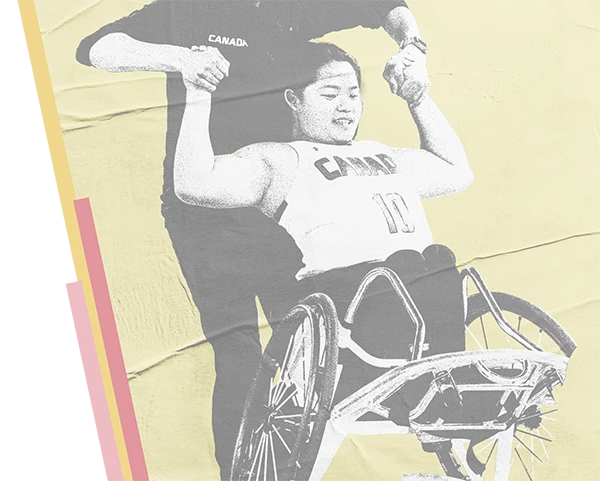
.webp)

